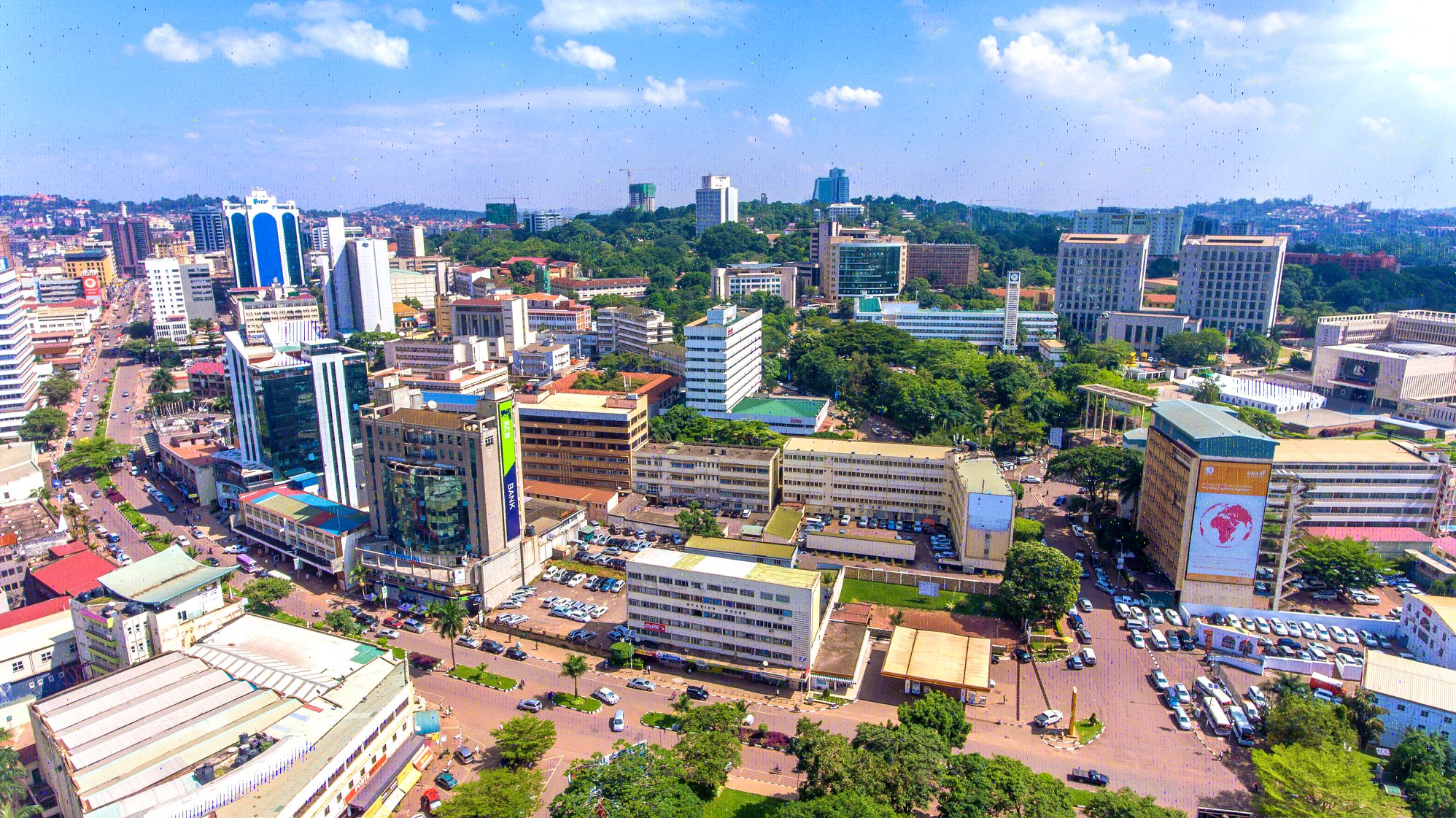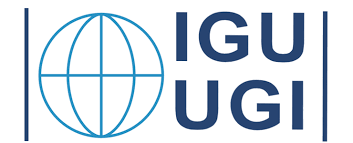info.gorilla[at]mak.ac.ug
Introduction/Background
The resilience of ecological and social systems has gained heightened attention globally and are at the center of the United Nations Global Development Agenda 2030 manifesting in; (a) the 17 Sustainable Development Goals and 169 targets, (b) the Sendai Framework for Disaster Risk Reduction, 2015-2030 with its four priorities and 7 targets (c) the Paris Agreement geared at keeping temperature within the 1.50 - 20C threshold.
Substantial efforts by the global community have been variously invested in resilience building and sustainable systems in light of multiple exposures and threats. But huge gaps and challenges still remain that compromise realizing the desired goals. The effects of the global financial crisis, existing geo-political tensions and the emergence of COVID-19 altered the resilience trajectory with new dimensions in health, natural resource and poverty.
Moreover, recent events exemplified by record temperatures registered in several countries but most notably in the UK, the increasing frequency and magnitude of hydrometeorological hazards as witnessed in Uganda, the increasing loss of biodiversity (>1,000,000 species lost) as recently reported by Intergovernmental Science-Policy Platform on Biodiversity and Ecosystem Services (IPBES) have heightened the need for urgent actions and interventions that protect vulnerable societies. A consequence of these processes coupled with other factors including but not limited to land use and land cover conversions, rapid urbanization, is that mixed progress has been registered in realizing the sustainability targets for 2030 (https://sdg-tracker.org) with sub-Saharan Countries posting dismal progress. For example, Uganda’s SDG performance currently ranks a dismal 136/163 countries with an SDG Index Score of 53.5 (https://dashboards.sdgindex.org/profiles/uganda). Given the complex and interwoven conditions of underlying processes, this suboptimal performance for Uganda and other African countries is perhaps understandable.

There is broad convergence among scientists, policy makers and practitioners, development actors and governments that contextual knowledge creation and utility coupled with harnessing evolving and emerging technology are critical ingredients in building sustainable and resilience pathways and systems which the Global Sustainability agenda aspired to achieve. The 2nd International Conference on Geographical Science for Resilient Communities, Ecosystems and Livelihoods Under Global Environmental Change (Gorilla) is anchored and spurred by the desire to contribute to the realization of this Global Development Agenda 2030.
The conference seeks to address two fundamental questions; (1) “how can science, research and the academia contribute to the expedited achievement of global targets and resolve societal challenges? (2) how can local, regional and international partnerships as well as interactions between science, policy and practice enhance the delivery and achievements of the global development targets? Guided by these fundamental questions, the GORILLA conference will take stock of the emerging technologies, innovations and evolving knowledge streams to make a contribution in resolving the pressing societal problems and challenges to achieve sustainability. The conference is a great opportunity for conceptual, empirical and theoretical conversations on pressing sustainability and resilience issues from several perspectives. About 200 participants are expected to participate in the conference.
Science-Policy-Practice Dialogue sessions
The GORILLA conference will be embedded with two dialogue sessions geared at bridging the science-policy-practice gaps and deriving actionable and policy-oriented measures that can potentially transform societies. In the dialogue sessions, panelists drawn from academia, parliamentary forums, development actors and practitioners as well as local community members will be invited to discuss key issues in the global development agenda.
Pre-conference training
A three-day pre-conference training targeting young and early career scholars is planned. The training will take place at Makerere University.
